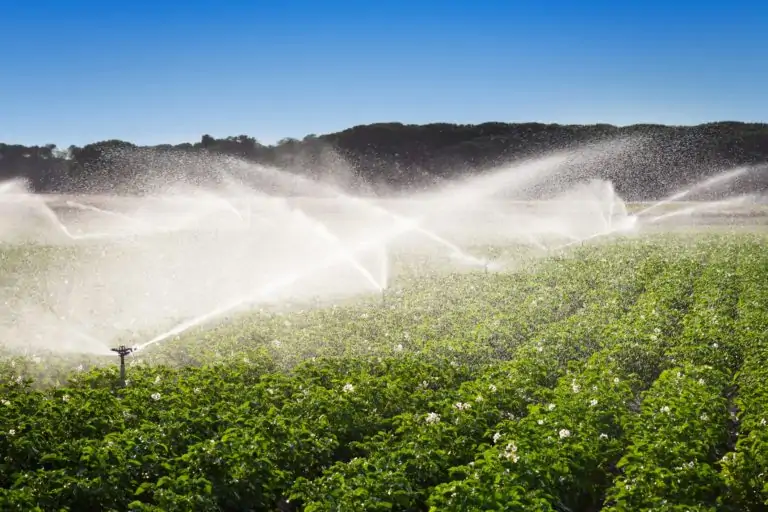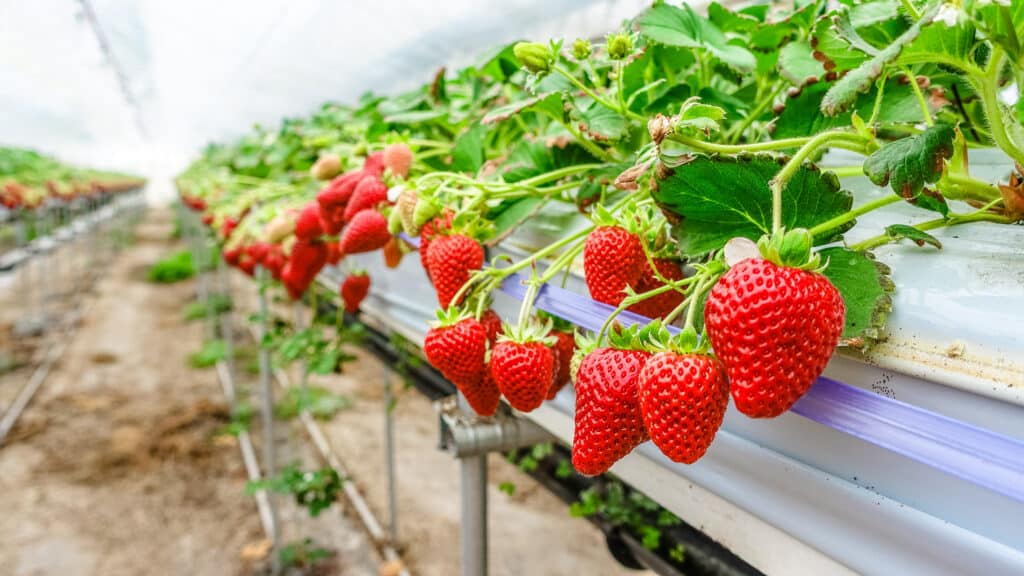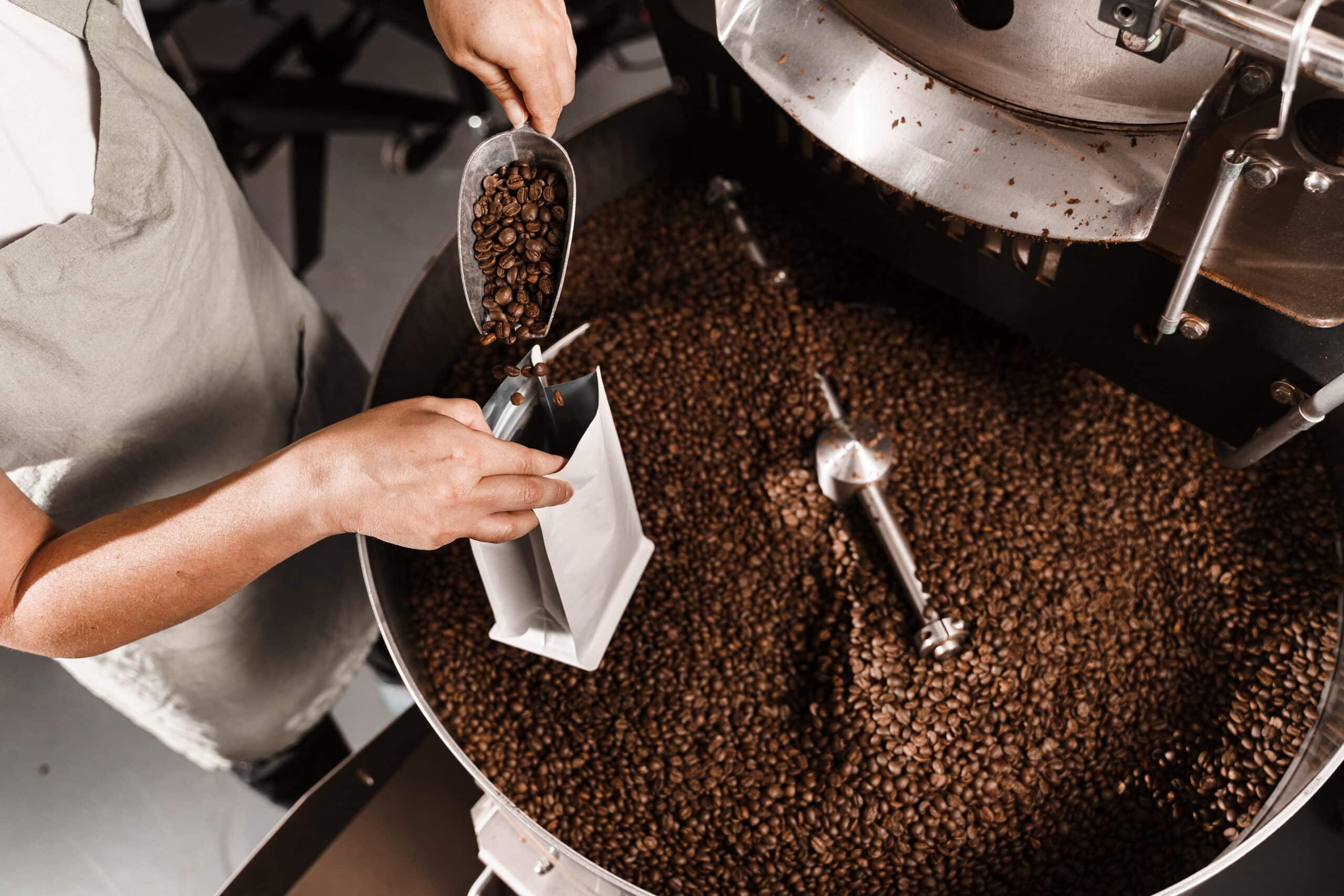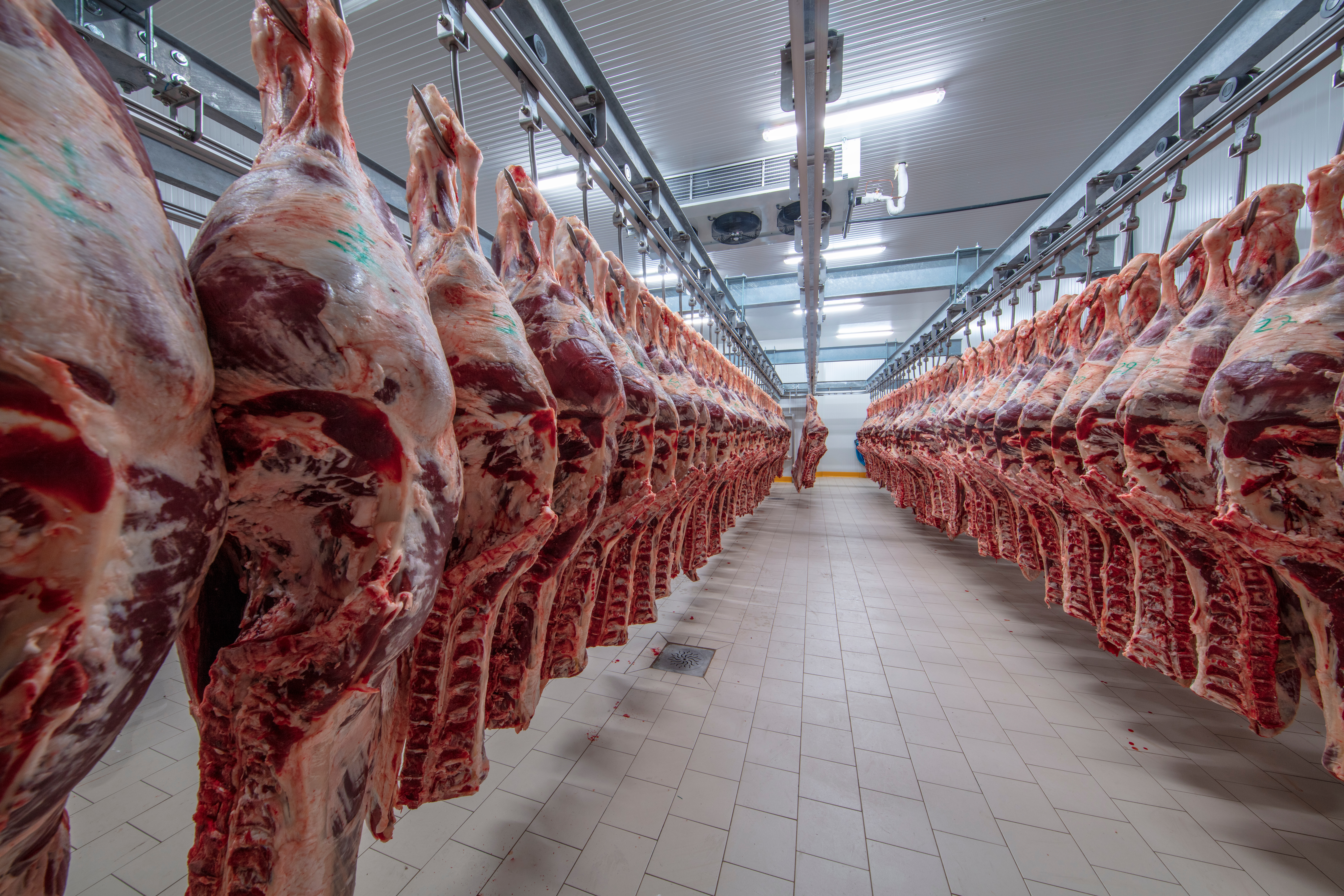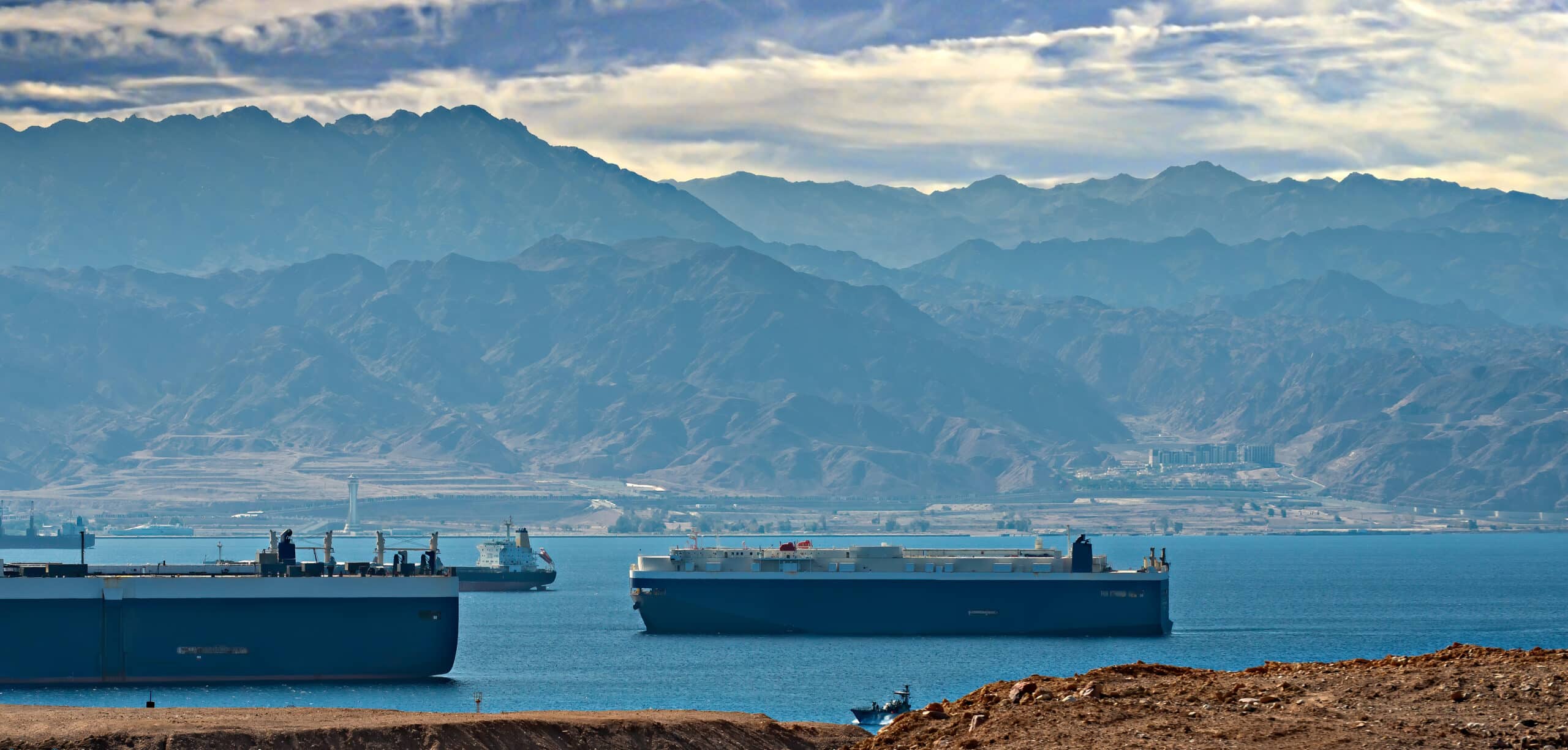When it comes to water, KSA has overcome many challenges during the past half-century of rapid population growth and unprecedented agricultural transformation through irrigation. The Kingdom of Saudi Arabia has grown in population and wealth a great deal over the last 50 years, and has been extremely reliant on irrigation to ensure that transformation. Water desalination has played a huge part and the country continues to be preoccupied as to how to continue to develop sustainably despite serious dearth in its water resources.
Water-stressed Saudi
Ranked 17th in the world among countries suffering from water stress, it is the top ranked country with a significantly large land area and population in terms of water stress, and has had to draw heavily from non –renewable fossil aquifers.
The depletion of these aquifers has meant an increasing emphasis by government on how to continue its food security and overall progress as a nation while maintaining existing water capacity.
Agriculture is by far the main user of the country’s water, and government is focused on how to develop greater self-sufficiency in food resources without threatening water supplies.
Crop selection plays a big part in that narrative, but policy is also mindful of political and social sensitivities around agriculture practices in the country.
Wheat was once considered a priority for government in terms of self-sufficiency but now it has been phased out because of the drive to reduce water-intensive crops.
Other examples of government action include import abolition around certain animal feeds and cereals and the support provided for agricultural production in other countries.
The introduction of water monitoring and tariffs have potential to stimulate more sustainable water usage.
However, if water charges are introduced, our analysis emphasises that costs should not undermine the economic feasibility of producing prioritised crops.
Water usage and wheat production
The relatively recent change in strategy around wheat production came about from a growing awareness of water usage. Government subsidies in the 1980s encouraged more and more wheat production with a knock-on effect on water supply as well as a severe cost to the state.
KSA was the sixth largest exporter of wheat in the world at the time but the policy had to be reversed considering the unsustainable effect on finite water resources.
However further tests of the nation’s water supplies lay ahead with modern dairy farming emerging in the country and fodder crops testing water supplies even more.
Alfalfa and Rhodes grass are far thirstier than wheat and other grains since they are perennial plants that need water year-round. The water productivity of alfalfa is about half that of wheat.
Livestock considerations
Much consideration is now being given by authorities as to how to better balance agriculture in terms of livestock in order to not stress already stressed water supplies further.
There is bound to be a re-drawing of strategy to that aim. Restrictions of licenses is just one of the approaches to reducing the use of certain water-intensive crops and farmers are also being incentivised financially to reduce the planting of particular fodder types.
Among the solutions for a brighter future for agriculture in Saudi in the context of preserving water supply, encouraging Saudi overseas investment in farmland in more water-rich countries makes sense.
The government has identified a host of favored investment destination countries across the five continents, however this is not the straightforward solution it first appears.
Among the issues faced include weak infrastructure and high transport costs, Ill-defined property rights which can lead to conflicts with local populations, poorly designed and erratic agricultural policies in the host country and lack of investment in processing and related activities in host country.
Desalination and irrigation technologies will continue to be prominent as solutions and the bottom line is clear. Ways must be found to use less water in agriculture in order that production of a diverse assortment of crops can be continued into future generations.
Tackling water scarcity in Saudi Arabia
In arid landscapes, the careful management of water procurement and usage is crucial, as it directly ties in with the efficiency and productivity of local food production. Balancing the need for increased food production with the scarcity of water in countries such as Saudi Arabia is extremely challenging, and necessitates innovative and strategic solutions on a national scale.
At Farrelly Mitchell, we support governments, public investors, and private equity clients looking to establish sustainability, food security, and resilient supply chains. We hold deep knowledge on crucial technologies such as controlled environment agriculture, hydroponics, and advanced irrigation systems that look to improve food production while conserving water resources, and we provide insights into how to implement these technologies into your existing operations seamlessly and cost-effectively.

